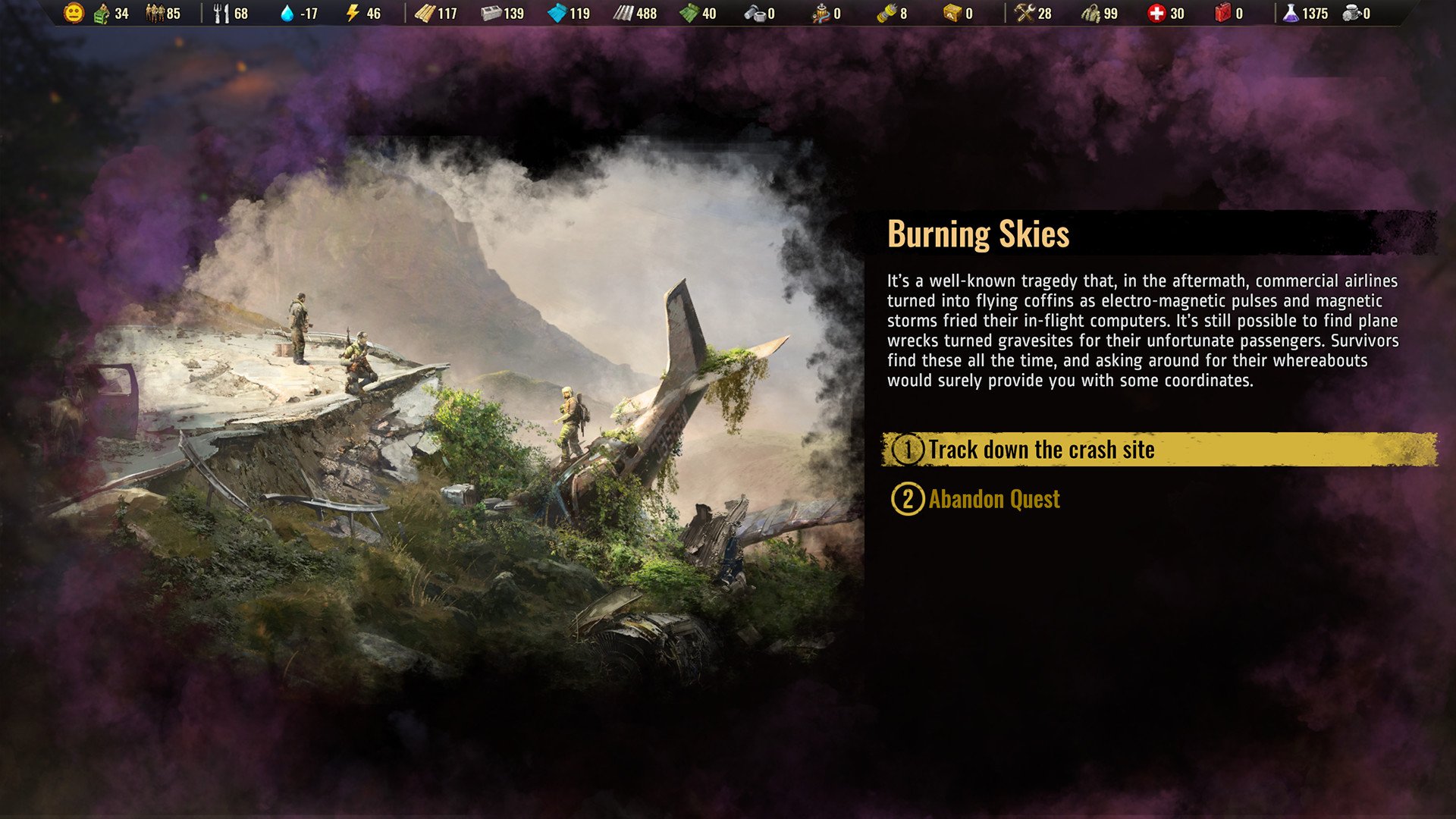
In terms of the future, the success of Anglo-Saxon Heathenry will depend on its ability to adapt to changing cultural and social contexts, engage with wider society in a positive and constructive way, and maintain a sense of continuity and authenticity within the tradition. They seek to develop a practice that is grounded in the past but relevant to the present and future. However, many Anglo-Saxon Heathens believe that their religion and culture have a valuable contribution to make to the modern world, particularly in terms of environmentalism and sustainability, community building, and personal spiritual growth. Another challenge is the need to navigate cultural appropriation and respect the cultural heritage of the Anglo-Saxon people. One of the main challenges is the lack of historical documentation and the difficulty of reconstructing an authentic practice based on limited information. It is based on historical research and archaeological evidence, as well as personal experiences and spiritual insights.Īs a modern religious movement, Anglo-Saxon Heathenry faces many challenges in the present and future. Today, the term wyrd is sometimes used in modern pagan and spiritual communities as a way to refer to the interconnectedness of all things and the idea that every action has consequences that ripple out through the web of existence.Īnglo-Saxon Heathenry, also known as Anglo-Saxon paganism, is a modern revivalist movement that seeks to reconstruct the religious and cultural practices of the pre-Christian Anglo-Saxon people.

The concept of wyrd is also closely related to the idea of the "threefold law" in many pagan traditions, which suggests that whatever energy a person puts out into the world will come back to them threefold.

They would spin and weave the threads of fate, and the length and strength of each thread would determine a person's life and destiny. In Germanic mythology, the Norns were the goddesses of fate who were responsible for weaving the threads of wyrd. It is often depicted as a complex and interconnected web of events and actions that shape an individual's life and determine their ultimate fate. Wyrd is a concept from Old English and Norse mythology that refers to the idea of fate or destiny.

Its practitioners may differ in their beliefs and practices, and there is no one "correct" way to practice this faith. Like other forms of Heathenry, Anglo-Saxon Heathenry is a decentralized religion with no central authority or dogma.

Many practitioners also embrace environmentalism and seek to live in harmony with the natural world. Its adherents seek to recreate the religious practices and beliefs of the Anglo-Saxons, including veneration of Germanic gods and goddesses such as Woden (Odin), Thunor (Thor), and Frige (Frigg), as well as ancestral veneration and other pagan customs and rituals.Īnglo-Saxon Heathenry places a strong emphasis on community, ancestry, and the interconnectedness of all things. This form of Heathenry is based on the historical records of the Anglo-Saxons, including the Anglo-Saxon Chronicle, Beowulf, and other literary and archaeological sources. Anglo-Saxon Heathenry, also known as Anglo-Saxon paganism or Anglo-Saxon polytheism, is a modern reconstructionist pagan religion that seeks to revive and reconstruct the pre-Christian spiritual beliefs and practices of the Anglo-Saxon people.


 0 kommentar(er)
0 kommentar(er)
